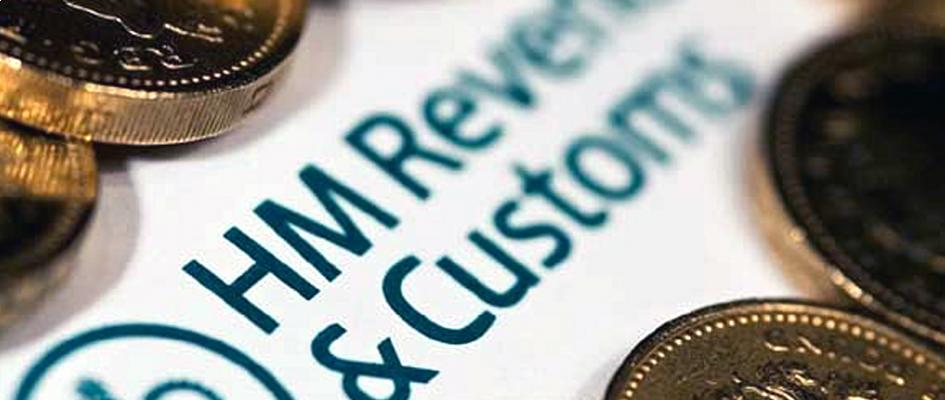There are many financial considerations that will need addressing when you buy a new business and unfortunately tax is one of them. The type of tax you pay may vary depending the size and type of business you buy, but Stamp Duty is a common addition to business purchase calculations.
There are three different types of Stamp Duty you may have to pay when you purchase a small business: Stamp Duty Land Tax, Stamp Duty Reserve Tax and Stamp Duty on share transactions. It's not certain that you'll have to pay any of these, but you may have to pay Stamp Duty for any transactions involving the transfer of land, grants or assignments of leases or transfers of shares.
Stamp Duty Land Tax
Stamp Duty Land Tax is tax relating to property. It works in the same way as the Stamp Duty you may have paid on residential property, although the rates and tax brackets are slightly different. It's important to check whether you will be required to pay Stamp Duty Land Tax before you purchase your new small business, but the general rates are as follows:
Between £150,000 and £250,000 - no Stamp Duty due
£150,000 to £250,000 - pay one per cent of the purchase price
£250,000 to £500,000 - pay three per cent of the purchase price
It may be that you already know you're not liable for Stamp Duty Land Tax, but it's important to declared all purchases of your property (freehold and lease) so it can be confirmed that you're clear to pay nothing. If you're at all in doubt, make sure you seek professional advice so you can ensure you don't receive a fine for neglecting to pay.
Stamp Duty Reserve Tax (SDRT)
If you purchase shares in a UK company using a stockbroker, the transaction should take place without the use of paper and will often be completed using the electronic CREST system. In this case, you will be liable to pay 0.5 per cent tax on any money you pay for these shares. However, if you're subscribing for shares in a new company they you will not be liable to pay Stamp Duty Reserve Tax at all.
Stamp Duty on Share Transfers
If you purchase shares in a UK small business using the Stock Transfer form (rather than electronically) they you will be liable to pay 0.5 per cent tax on any money you pay for the shares above £1,000. You'll have the opportunity to pay your tax directly to HMRC (via the internet, bank or post), who will stamp your form to confirm that you have met your financial obligations.
Sorting the finances for a business purchase is never easy, but there are experts around who can keep you on track. The best way to ensure you pay the right amount of Stamp Duty is to contact a financial professional with knowledge of the type of purchase you are conducting. They will be able to guide you through the process and make sure it goes as smoothly as possible.


